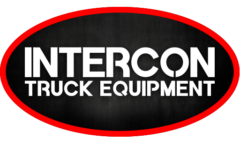
Electrical hazards can cause burns, shocks and electrocution (death).
- Assume that all overhead wires are energized at lethal voltages. Never assume that a wire is safe to touch even if it is down or appears to be insulated.
- Never touch a fallen overhead power line. Call the electric utility company to report fallen electrical lines.
- Stay at least 10 feet (3 meters) away from overhead wires during cleanup and other activities. If working at heights or handling long objects, survey the area before starting work for the presence of overhead wires.
- If an overhead wire falls across your vehicle while you are driving, stay inside the vehicle and continue to drive away from the line. If the engine stalls, do not leave your vehicle. Warn people not to touch the vehicle or the wire. Call or ask someone to call the local electric utility company and emergency services.
- Never operate electrical equipment while you are standing in water.
- Never repair electrical cords or equipment unless qualified and authorized.
- Have a qualified electrician inspect electrical equipment that has gotten wet before energizing it.
- If working in damp locations, inspect electric cords and equipment to ensure that they are in good condition and free of defects, and use a ground-fault circuit interrupter (GFCI).

WHEN WORKING WITH ELECTRICAL COMPONENTS FOR ANY TASK, BE SURE TO TAKE EXTREME CAUTION, DO EXTENSIVE RESEARCH, AND FAMILIARIZE YOURSELF WITH EVERY ASPECT OF WHAT YOU ARE ABOUT TO DO.
You wouldn’t want to have an accident.






